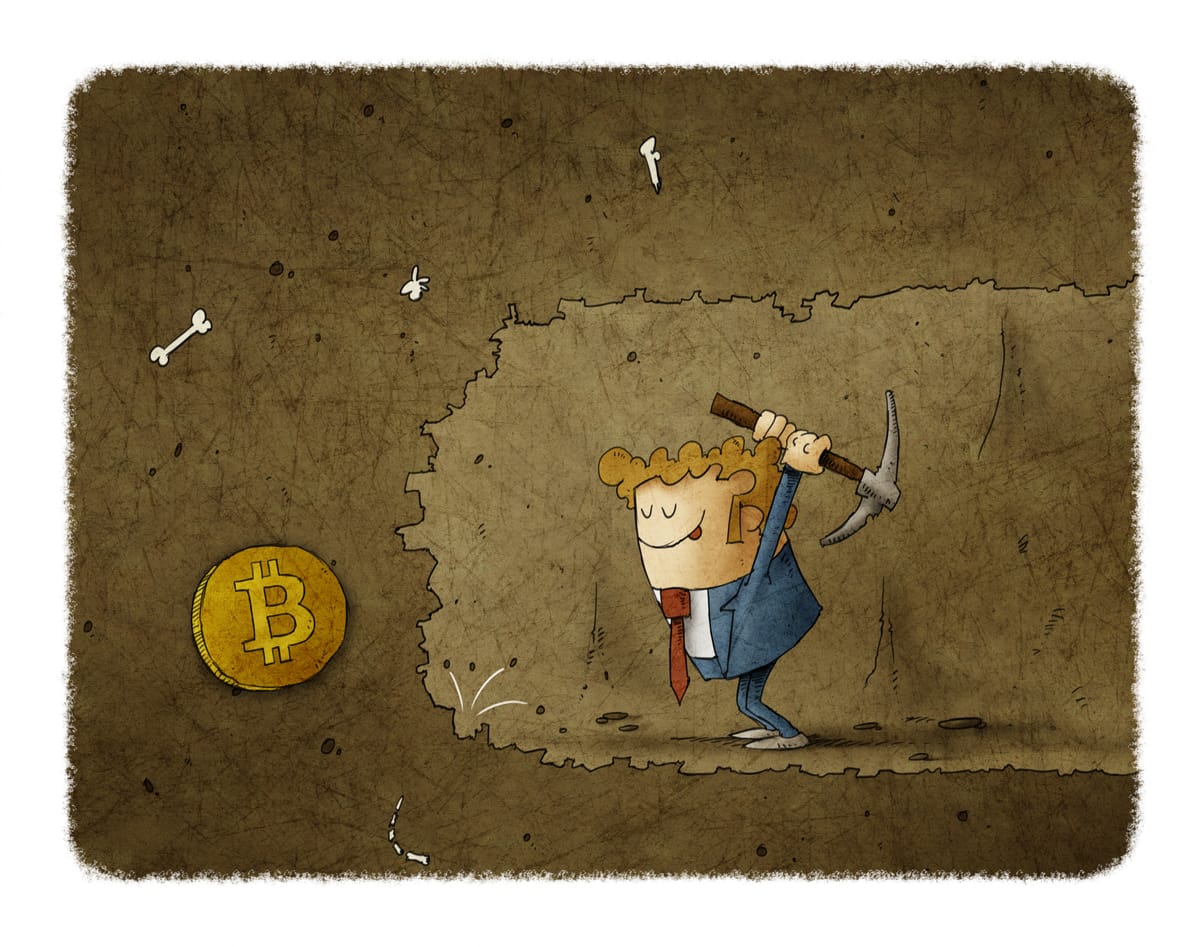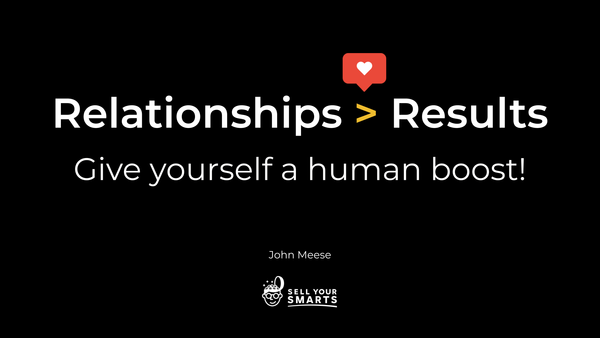How Bitcoin Changes Finance For The Better

It seems there's a story about Bitcoin, or a Bitcoin-related company, on the news nearly every day. Some company went bankrupt, another raised a lot of money, all while most people are just wondering “And why should I care?”
For many people, Bitcoin represents a potentially lucrative investment or a cool way to spend money. For others, the interest is far greater.
To learn more about Bitcoin, visit Bitcoin 101 HQ. To get started, I recommend you buy some at Coinbase and store it on a Blockchain or paper wallet.
The truth is that Bitcoin—and the technology behind it—has the potential to improve the lives of billions of people. Bitcoin resolves issues in our financial system that were considered unavoidable until now. Although the benefits are many, here are a few highlights:
1. Ease of Transfer
People are more interconnected today than we would have thought possible half a century ago.
When something interesting happens on the other side of the world, we know about it within minutes. If you want to contact someone on another continent via voice, text, or even video, you can do so instantly for free (or close to it).
Despite that, we rely on a financial system that takes days or weeks to transfer money across geographical borders—and charges exorbitant fees to do so. Western Union, for example, charges U.S. Residents $5 to send $50 to Mexico. Even when transferring money between local accounts, a 2-3 day waiting period is standard.
Because Bitcoin is 100% digital, you can now send money to anyone else in the world within seconds. Transactions are almost always free, and when a fee is generated it amounts to the equivalence of less than ten cents.
2. Ease of Security
If you were to go on Amazon or any other site today to buy an eBook or rent a movie, you'd be asked to provide your full name, bank account or credit card number, and home address—even if you're only buying a digital product.
Amazon needs this information because that's what they use to pull money out of your account. Once a transaction is complete, you then hope they don't use your information later to take money without your permission. Big companies have a reputation to uphold, but similar fraud is commonplace among others. After all, you hand over your lock & key every time you make a purchase.
Bitcoin is a push system, so you never have to relinquish control of your money as a consumer. When a merchant is ready for payment, they give you a Bitcoin address, and then you send them what money is owed.
Even if I were to give you my Bitcoin address, all you could do is view my public balance. My funds are completely secure from fraud or theft, as long as I hold my private keys.
3. Ease of Access
Despite all the technological advances around us, many people don't have access to luxuries considered “basic” in the U.S.
At least 2.5 billion adults live without bank accounts today, most of whom live in Africa, Asia, Latin America, or the Middle East.
Without modern banking benefits, the “unbanked” often pay high fees to cash checks—or live off cash alone. They face difficulties when trying to save money, and are not able to make many major purchases (especially online).
A Bitcoin wallet costs nothing to set up, requires no minimum balance, and can belong to anyone regardless of financial status or credit history. Today, even in emerging countries riddled with poverty, nearly everyone has a cell phone—which is all they would need to operate a Bitcoin wallet.
Bitcoin revolutionizes the way we think of money, and in doing so challenges us all to demand more out of the system we have. In that way, Bitcoin has already changed finance for the better—and the change has only begun.
What other ways do you foresee Bitcoin bettering our financial system?





